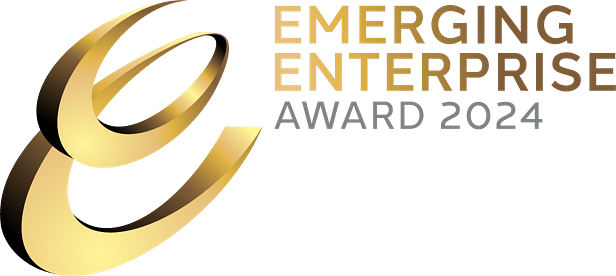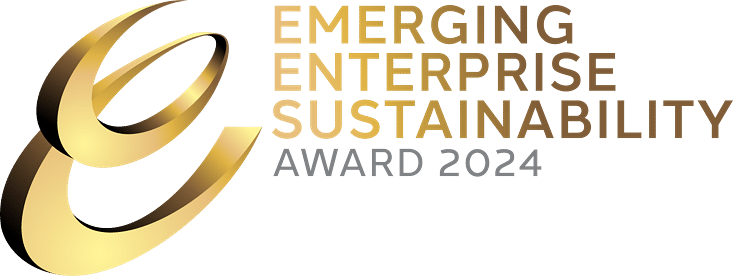ELECTRIC vehicles (EVs) may emit a lot less carbon than cars that run on petrol or diesel, but the difficulty in discarding or recycling the EV’s lithium-ion batteries is presenting a new challenge for the environment.
Lithium-ion batteries contain lithium as well as other metals like cobalt and nickel that are toxic if leaked into soil or water. As such, the improper disposal of these batteries poses a significant risk to human health, according to Bryan Oh. He is the CEO of NEU Battery Materials (NEU), a Singapore start-up that’s able to extract 95 per cent of the lithium from used EV batteries without using acids or high temperatures. In contrast, many battery recyclers focus on the other components and do not even attempt to recover the lithium, Oh says.
A professor at the National University of Singapore (NUS) developed the process, and Oh and his friend Kenneth Palmer decided to commercialise the technology with more EVs set to hit Singapore’s roads in the coming years. They founded NEU in 2020.
“The transport sector contributes to 16 per cent of global greenhouse gas emissions, and the use of EVs can reduce this significantly. However, the EV production cycle itself is not sustainable. Battery recycling has to be there to support the end of life of these batteries,” says Oh.
Another company gaining significant traction as the automobile industry becomes more environmentally friendly is Hong Kong-based Flex Fuel Hydrogen Development (Flex Fuel).
The company researches and develops products that use hydrogen, and one of its most prominent products is a hydrogen injection machine that cleans diesel engines without the use of harmful chemicals. Clean engines use less fuel and emit less carbon.
Flex Fuel’s founder and chairman, Steven Fong, set up the company in 2016 to diversify his family business. He decided to invest in hydrogen as he saw more potential in the sector compared to wind or solar.
“I didn't know when the future would come, but I knew hydrogen was going to be the future. So we started to look into hydrogen companies around the globe,” he says.
Flex Fuel was one of the 2023 winners of the Emerging Enterprise Sustainability Award at the Emerging Enterprise Awards, an annual event co-presented by OCBC and The Business Times. NEU won one of the two Most Promising Sustainability Startup awards.
Leading the charge in lithium battery recycling
NEU traces its origins to an NUS programme that lets graduates develop commercially viable ideas based on the university’s intellectual property.
The patented technology, developed by Professor Wang Qing at the Department of Materials Science and Engineering, differs from existing lithium battery recycling processes as it uses mainly water and electricity to extract battery-grade lithium from dead batteries. This makes the process a lot greener since there’s no need to generate a large amount of heat to break down the battery or treat it with chemicals that are harmful to the environment.
NEU currently operates a 150sq-m recycling plant in Singapore, which can process around 180 tonnes of lithium batteries a year. The company’s investors include SGInnovate, a government-owned innovation platform that focuses on deep technology, ComfortDelGro Ventures and fund managers Shift4Good and Paragon Ventures.

Oh expects demand for NEU’s services to grow exponentially in the coming years as EV sales increase and older EVs reach the end of their shelf life. He adds that NEU’s long-term goal is to get EV and battery factories to use its technology as the world moves towards a circular economy where the raw materials used in goods are recycled and reused rather than dumped as waste.
NEU, whose partners include a unit of France’s TotalEnergies, sees strong potential in working with European companies given the European Union’s (EU) tough recycling targets.
“NEU's technology is already able to meet the EU’s lithium recovery requirements. In addition, we are looking at recycling all parts of the battery, which include the iron phosphate, graphite and more,” Oh says.
“According to the EU's Green Deal, the goal is to recover 50 per cent of lithium by 2027, ramping up to 80 per cent by 2031. Yet right now, Europe only recycles about one per cent of its lithium. We believe NEU Battery Materials has what it takes to drive the EU's circular economy vision forward and lessen its reliance on imported critical metals,” said Shift4Good, a venture capital firm that is one of NEU’s investors, in a recent statement.
Using hydrogen to clean dirty engines
While NEU has set its sights on exporting its services to Europe, Flex Fuel’s roots can be traced back to the continent, which is a leader in green technologies. Flex Fuel’s hydrogen-based technology originates from France. The company’s current focus is to bring these innovations to Asia, in particular Hong Kong and China, to help the region transition to a low-carbon future.
It engages in researching and developing hydrogen production equipment to provide customised energy solutions that cater to customer demands. Through the utilisation of its equipment and hydrogen production, Flex Fuel strives to achieve cost reduction in line with global trends. It actively promotes the application of renewable energy, direct emission reduction, and energy conservation. This promotion is aligned with commercial Environmental, Social and Governance (ESG) requirements.
Flex Fuel’s carbon cleaning machines use this technology to inject the hydrogen into the engine, where it is then heated to melt the carbon that had accumulated over the years, restoring the engine to near-original condition. The process takes about one hour for a diesel engine passenger car – much less than the two to three days needed to dismantle the engine and clean the individual parts using a chemical solution.

The carbon-cleaning machines, which come in different sizes, can be used to clean the engines of bigger vehicles such as ships, trucks and trains. In France, the machines have been deployed by the navy to help maintain its fleet.
Flex Fuel currently has around 3,000 carbon-cleaning machines installed around the world, about 2,500 of which are in France.
Besides the carbon cleaning machines, which use proprietary technology to control the amount of hydrogen that is produced and injected into the engine, Flex Fuel also produces an anion exchange membrane, a type of material used in various electrochemical processes, that enables large-scale hydrogen production from distilled water without the use of so-called rare earths.
Fong says Fuel Flex will continue to invest in research with the aim of becoming a global leader in hydrogen development within the next 10 years.
Recognising the bold ambitions of young businesses in Asia
This is the third of a four-part series featuring the 2023 winners of the Emerging Enterprise Awards. Jointly organised by OCBC and The Business Times, the awards – now in its 16th year – honour innovative, resilient small and medium-sized enterprises under 10 years old. This year, the focus was on green and regional businesses, with winners gaining recognition and support from OCBC to maximise their potential.





